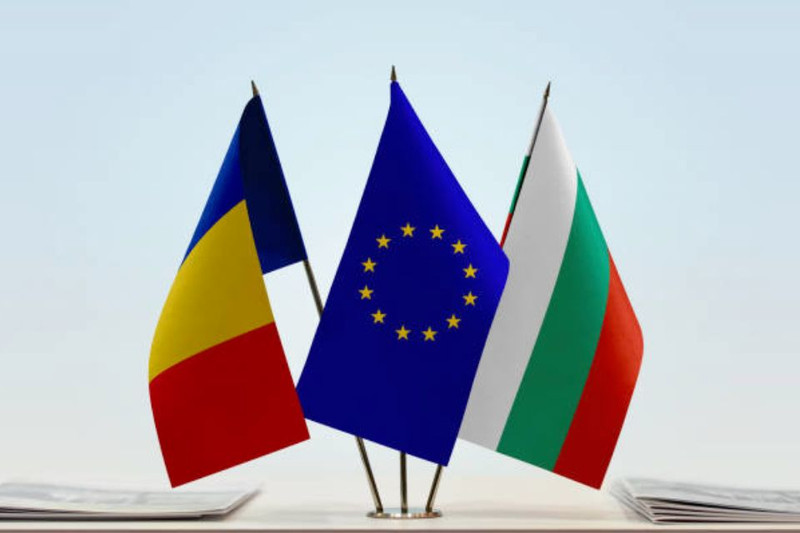After a 13-year wait, Bulgaria and Romania have partially joined Europe's Schengen area of free movement. The membership is partial, however, with the two countries having reached an agreement to join the continent’s free-travel area by air and sea.
A veto by Austria means the new membership will not apply to land routes, which Vienna argued would lead to more asylum seekers travelling into Europe.
Despite the partial membership, the lifting of controls at the two countries' air and sea borders is of significant symbolic value, according to foreign policy analyst Stefan Popescu.
“Any Romanian who had to walk down a separate lane from other European citizens felt like they were being treated differently,” he told AFP.
European officials expressed their welcome for Bulgaria and Romania to partly join the Schengen area.
This is a historic moment for the Schengen area — the largest area of free movement in the world. Together, we are building a stronger and more united Europe for all our citizens.
EC President Ursula von der Leyen
European Commission (EC) President Ursula von der Leyen said that this is a historic moment for the Schengen area — the largest area of free movement in the world.
“Together, we are building a stronger and more united Europe for all our citizens,” she said.
According to a EC statement, since last December, both Bulgaria and Romania have taken all necessary measures to ensure a smooth application of the Schengen rules from 31 March 2024.
“Romania and Bulgaria will further contribute to strengthening the cooperation on border and migration, as well as to the joint European efforts to address EU security at external borders and migratory challenges,” the statement read.
With Bulgaria and Romania arriving joining Sunday, the Schengen zone will comprise 29 members - 25 of the 27 European Union member states as well as Switzerland, Norway, Iceland, and Liechtenstein.
The EC statement emphasised that the Schengen area without control at its internal borders is one of EU citizens' most cherished achievements.
For Bulgaria and Romania, partly joining the Schengen area will bring significant benefits since people and businesses can travel freely and expand markets in countries in the region.
Bulgarian Finance Minister Assen Vassilev said that staying out of Schengen cost between 2% to 5% of the country’s gross domestic product. Romania also suffered similar losses.
Romania's government said Schengen rules would apply to four seaports and 17 airports. Increased border police and immigration officers will be deployed to support passengers, and random checks will be carried out to detect people with false documents.
Bulgaria and Romania have both been members of the EU since 2007, and applied to join Schengen but were rejected at the end of 2022.
Explaining Austria's veto of these two countries' applications to join Schengen, Austrian Interior Minister Gerhard Karner said it was necessary to tighten the EU's external borders and reform the system, arguing that more than 100,000 illegal migrants had arrived in Austria in one year, having previously passed through EU member states from which they should not have been allowed to continue.
Negotiations on opening land borders to help Bulgaria and Romania fully join the Schengen area continue to take place in 2024.
Romanian Foreign Minister Luminita-Teodora Odobescu once emphasised Romania's determination to cooperate closely with Bulgaria as well as continuing dialogue with Austria and other EU countries to promote the negotiations.
New opportunities are opening up for both Bulgaria and Romania, and the two countries need to seize the chance to make their economies grow more strongly.
















